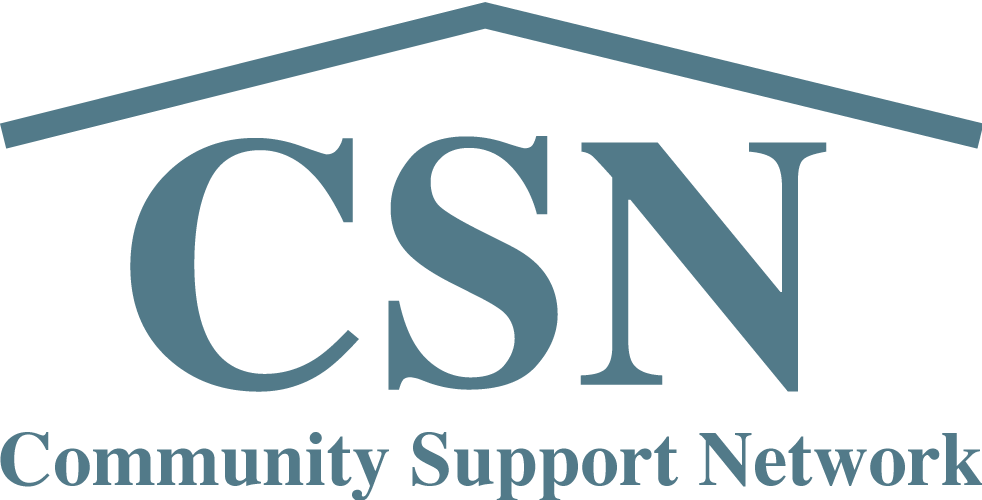Sanctuary Villas
CSN’s Sanctuary Villas is a collaborative permanent supportive housing program for Sonoma County’s transition-age youth (TAY). The 9-bed home houses eight youth ages 18-24 who have either experienced abuse and neglect, were in foster care as minors, or recently been homeless. A ninth bed will house a resident monitor provided by CSN. It is the intent of all partners that these young adults are both successful in their housing, education, work and are good neighbors.
The youth who live at Sanctuary Villas will have the support of the CSN Youth Housing Director, the Sanctuary Villas Coordinator, case managers with TLC Child and Family Services, and the live-in Resident Monitor. Professional CSN staff will be onsite throughout the week, and a staff member is on call 24 hours a day to support the residents in case of emergency.
All youth receive intensive case management and support from VOICES, a welcoming and lively community center where transitioning foster youth have access to comprehensive housing, education, employment, and wellness services.
Having a Resident Monitor living onsite provides a positive role model for residents and is a core aspect of the program. This model provides the same kind of support and accountability provided at UC dormitories. This kind of normative experience is important for youth of this age who have demonstrated that they are ready to contribute to a clean and sober congregate living environment.
We accept referrals from Sonoma County’s Coordinated Entry System. Potential residents must:
- Be 18-24 years old
- Qualify as chronically homeless (as defined by HUD)
- Have a behavioral health diagnosis
- Qualify as extremely low income ($1,891/mo. or below)
- Able to pass a fingerprint background check
- Interested in living in a recovery environment
- Able to qualify for MediCal
- Be enrolled with Coordinated Entry system
Young persons must be willing to participate in clean and sober living environment, have no history of violence in the last 6 months, be willing to start working on personal goals (school, work, volunteer, etc.), and be able to live fairly independently (managing schedule, taking own medication, buying own food, etc.).

